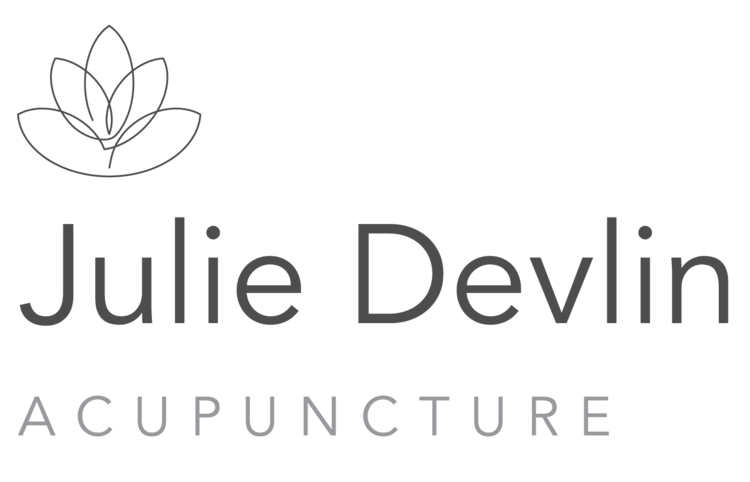Acupuncture
is safe and effective, complex
and comprehensive
How it works has been and continues to be the subject of much scientific and practitioner research and, as our knowledge base grows, we are continually getting a better understanding of its benefits.
Early acupuncturists documented that by using sterile, hair-thin needles to stimulate certain points along interconnected channels, we influence the flow of Qi - which can be likened to our own personal electricity supply and which keeps us going on a day to day basis. If this falters, we can experience pain, ill health and emotional upheaval.
Modern science has discovered that myofascial pathways trace these channels and the concept of Qi seems to overlap with emerging facts about how the body’s cells communicate, stimulating the release of endorphins and other neurotransmitters. In effect, how we perceive pain.
So although widely used to relieve specific aches and pains, acupuncture has the potential to help with so much more - for example an overactive bladder, regulating hormonal balance and influencing our mood.
You can have acupuncture as a stand alone treatment, alongside other therapies or conventional medicine and an integrated approach can often lead to great results. GP’s can also refer to private practitioners listed on the Professional Standards Authority accredited register (BAcC members come under this umbrella).
You can find out more about the effectiveness of acupuncture for a wide range of conditions by looking at research reviews and the fact sheets produced by the British Acupuncture Council.
• A - Z of conditions
• BAcC Research Digest
• Acupuncture Research Resource Centre
All British Acupuncture Council (BAcC) members are fully insured and adhere to strict codes of ethics and practice.


